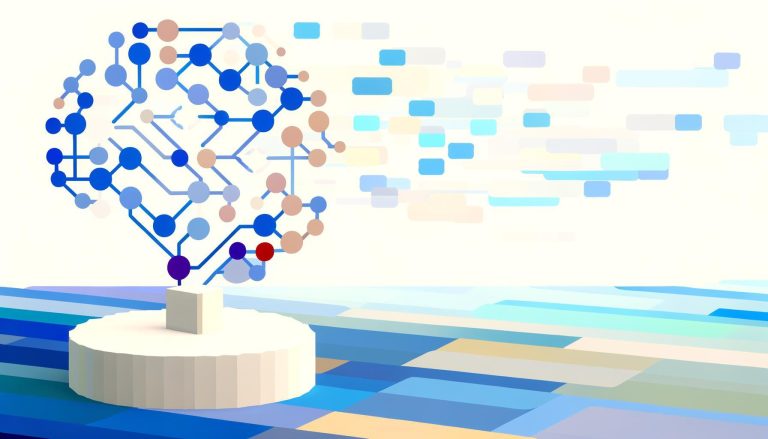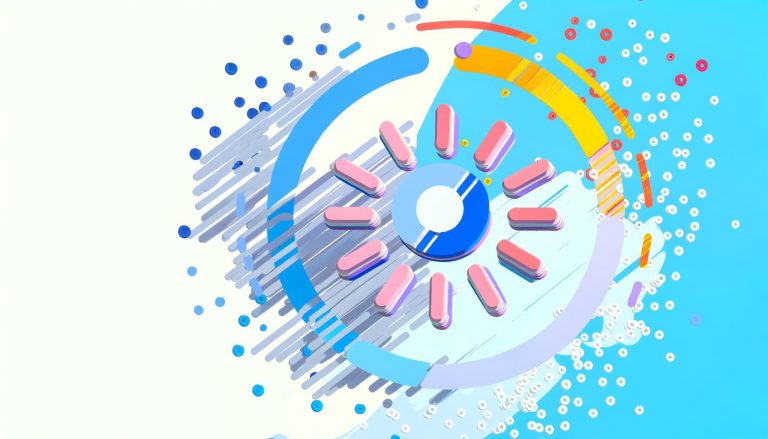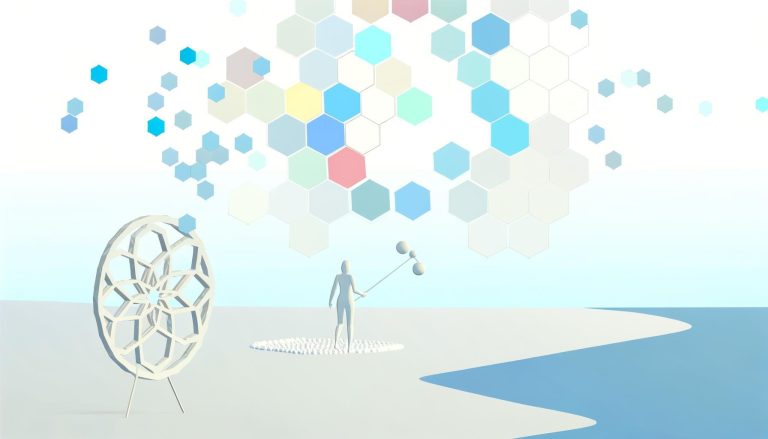In a world where medical advances improve our quality of life, it’s ironic yet not uncommon that many people suffer from aichmophobia—an intense fear of needles or sharp objects. This phobia can act as a barrier to receiving necessary healthcare. Fortunately, advancements in artificial intelligence (AI) provide innovative approaches to manage and potentially overcome this fear. In this comprehensive guide, we explore the AI techniques designed to ease aichmophobia and offer actionable insights to improve your relationship with medical procedures.
Understanding Aichmophobia
Aichmophobia, often categorized under specific phobias, triggers significant anxiety in individuals when confronted with needles or sharp objects. The symptoms can range from mild discomfort to severe panic attacks. Understanding the root cause—be it traumatic past experiences, observational learning, or even genetic predisposition—is the first step toward effective management.
The Psychological Aspect
Panic reactions stem from the brain’s fight-or-flight response, a survival mechanism. Addressing these psychological processes can be crucial. Cognitive-behavioral therapy (CBT) is often recommended to change detrimental thought patterns. However, AI-driven solutions now offer complementary, cutting-edge options that empower individuals to confront their fears in a controlled environment.
AI-Led Techniques in Managing Aichmophobia
AI brings innovative techniques that blend psychological principles with technological advancement, offering an accessible and personalized pathway to confront aichmophobia.
Virtual Reality (VR) Exposure Therapy
One of the most promising AI applications is VR exposure therapy. By simulating real-world scenarios, VR immerses individuals in a safe, controlled environment where they can gradually and repeatedly face their fears, reducing anxiety over time. VR headsets can simulate scenarios like visiting a doctor’s office, allowing users to manage their responses to needle interactions virtually before facing the real thing.
AI-driven Biofeedback Systems
AI-powered biofeedback systems monitor physiological signals such as heart rate variability and sweat gland activity. This data is then analyzed to provide real-time feedback, helping individuals understand their stress responses and develop coping mechanisms to counteract them, such as breathing exercises. Over time, these systems can train the mind to react with less anxiety to triggers.
Personalized AI Assistants
AI personal assistants, equipped with natural language processing capabilities, can work as virtual therapists. By maintaining regular dialogue with an individual, these assistants help users express their fears, receive empathetic responses, and gain psychological insights. They offer reminders for relaxation techniques and positive affirmations, aiding in mental preparation before potential exposure to feared stimuli.
Cognitive Behavioral Systems
AI-based cognitive behavioral systems use algorithms to deliver automated, evidence-based therapeutic interventions. These systems guide users through structured sessions, offering cognitive framing techniques to challenge irrational thoughts and promote more adaptive thinking. The accessibility of such systems makes it easier for individuals to engage in consistent self-help opportunities.
Benefits of Using AI for Managing Aichmophobia
Implementing AI-driven methods can dramatically improve both mental well-being and the effectiveness of traditional therapeutic approaches. Here are some of the benefits:
- Accessible Anytime, Anywhere: AI technologies can often be accessed through smartphones or VR headsets, offering therapeutic advantages from the comfort of home.
- Personalized Approaches: AI tracks user progress and customizes interventions based on individual responses and needs, ensuring targeted treatment.
- Cost-Effective: Compared to frequent in-person therapy sessions, AI offers an economical alternative that doesn’t compromise on quality or effectiveness.
- Continuous Support: Unlike traditional methods that require appointment scheduling, AI provides constant support, encouraging self-paced, ongoing therapy.
Practical Tips for Overcoming Aichmophobia
While AI provides advanced solutions, personal strategies play an essential role in managing fear. Here are some practical tips:
- Mindful Breathing: Practice deep breathing exercises to promote relaxation and reduce anxiety.
- Gradual Exposure: Start with viewing images of needles and gradually progress to watching videos, building comfort at your own pace.
- Positive Visualization: Imagine yourself successfully getting through situations involving needles with ease and calmness.
- Support Networks: Share your fears with trusted friends or community groups; talking helps in reducing anxiety.
Conclusion
While the fear of needles—known as aichmophobia—can be daunting, approaches framed in AI technology offer new hope. By integrating cutting-edge solutions like VR exposure, biofeedback systems, personal AI assistants, and cognitive behavioral systems, individuals can tailor their journey to overcome this fear. embracing mental wellness is a complex, deeply personal journey, but with AI as a supportive companion, it can become more achievable.
Remember, while technology provides remarkable tools for managing fear, it’s also essential to evaluate and combine these with traditional therapy for holistic treatment. Incorporating the Zenora App features, such as moods and habits tracking, can complement these AI-driven methods, offering additional support on your journey to overcoming aichmophobia and thriving in life.





